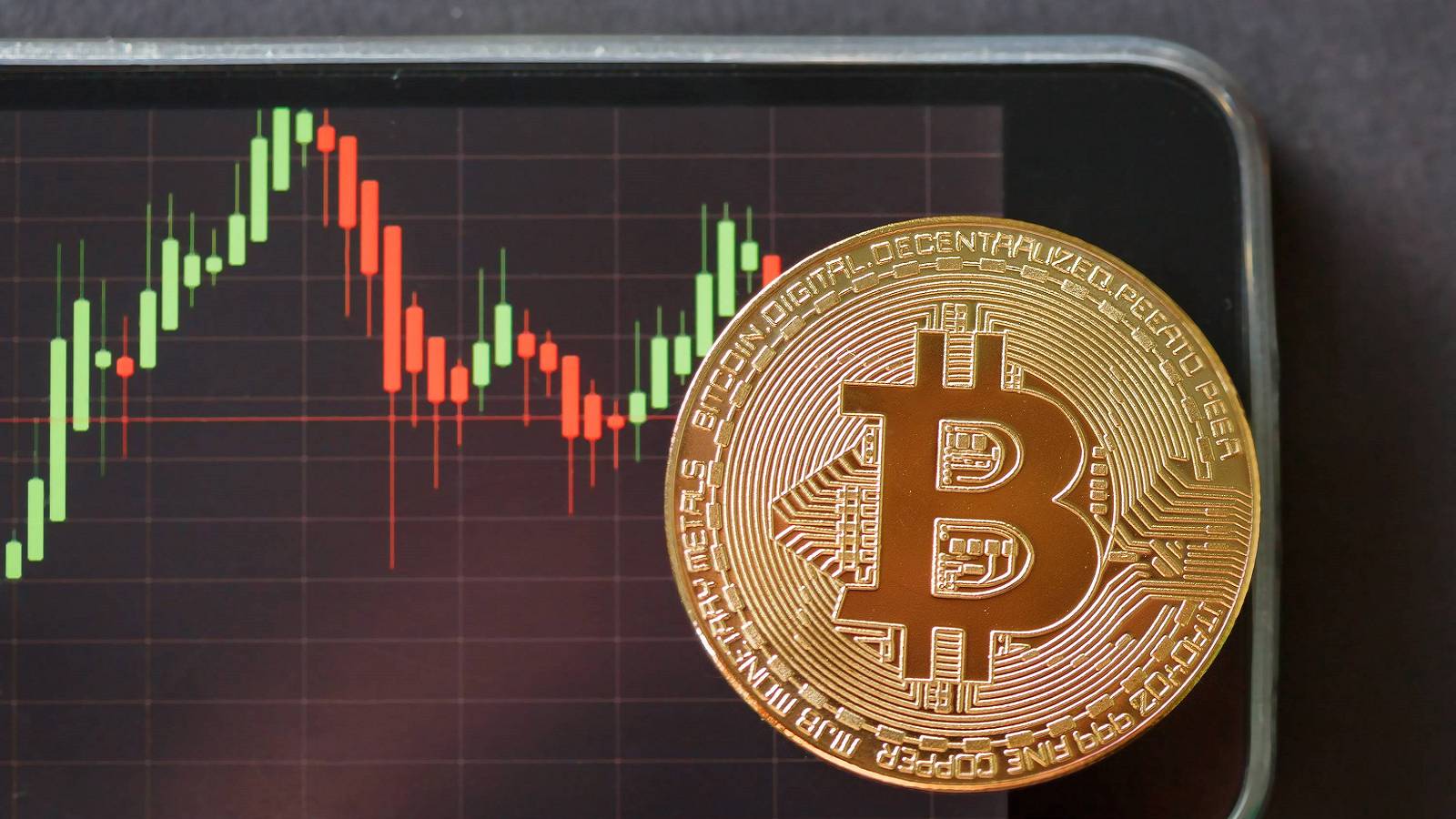Bitcoin Faces Potential Further Decline as Global Liquidity Dips
23.12.2024 14:00 2 min. read Alexander Stefanov
Last week Bitcoin experienced its most significant weekly price drop since August, with a 15% correction.
Analysts suggest that global macroeconomic pressures played a major role in this decline, raising concerns that Bitcoin could face further losses if these conditions worsen.
However, Bitcoin also has internal factors that could provide some resilience in the face of external challenges. One key aspect is the changing dynamics of global liquidity. Recent data reveals that global money supply, or Global M2, has seen a sharp drop of $4.1 trillion over the past two months.
Is Bitcoin overdue for a correction?
In the past, #Bitcoin prices have followed global money supply with ~10 week lag.
As global money supply hit a new record of $108.5 trillion in October, Bitcoin prices reached an all-time high of $108,000.
Over the last 2 months, however,… pic.twitter.com/i80ym4Wu7F
— The Kobeissi Letter (@KobeissiLetter) December 21, 2024
This metric, which tracks the total money supply in circulation worldwide, has been closely correlated with Bitcoin’s price movements. Historically, Bitcoin’s price tends to follow changes in the Global M2 with a delay of about 10 weeks, and experts warn that if the decline in global liquidity continues, Bitcoin prices may face additional downward pressure.
As the money supply fell from a record high of $108.5 trillion in October to $104.4 trillion in December, Bitcoin’s price also retreated, leading some to predict that the cryptocurrency could drop further—by as much as $20,000 in the coming weeks.
-
1
Bitcoin Reaches New All-Time High Above $116,000
11.07.2025 7:56 1 min. read -
2
What’s The Real Reason Behind Bitcoin’s Surge? Analyst Company Explains
12.07.2025 12:00 2 min. read -
3
Canadian Bank Sees Bitcoin Hitting $155,000 by 2025
15.07.2025 10:00 1 min. read -
4
Peter Schiff Warns of Dollar Collapse, Questions Bitcoin Scarcity Model
12.07.2025 20:00 1 min. read -
5
Strategy Claims It Can Weather a Bitcoin Crash to $20K Without Trouble
16.07.2025 14:08 1 min. read
Where Is The Smart Entry Point For Bitcoin Bulls?
With Bitcoin hovering near $119,000, traders are weighing their next move carefully. The question dominating the market now is simple: Buy the dip or wait for a cleaner setup?
Matrixport Warns of Bitcoin Dip After Hitting This Target
Bitcoin has officially reached the $116,000 milestone, a level previously forecasted by crypto services firm Matrixport using its proprietary seasonal modeling.
Bitcoin Risk Cycle Flips Again as Market Enters Safer Zone
Bitcoin’s market signal has officially shifted back into a low-risk phase, according to a new chart shared by Bitcoin Vector in collaboration with Glassnode and Swissblock.
Robert Kiyosaki Warns of 1929-Style Crash, Urges Bitcoin Hedge
Financial author Robert Kiyosaki is once again sounding the alarm on America’s economic health.
-
1
Bitcoin Reaches New All-Time High Above $116,000
11.07.2025 7:56 1 min. read -
2
What’s The Real Reason Behind Bitcoin’s Surge? Analyst Company Explains
12.07.2025 12:00 2 min. read -
3
Canadian Bank Sees Bitcoin Hitting $155,000 by 2025
15.07.2025 10:00 1 min. read -
4
Peter Schiff Warns of Dollar Collapse, Questions Bitcoin Scarcity Model
12.07.2025 20:00 1 min. read -
5
Strategy Claims It Can Weather a Bitcoin Crash to $20K Without Trouble
16.07.2025 14:08 1 min. read


